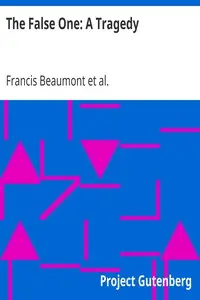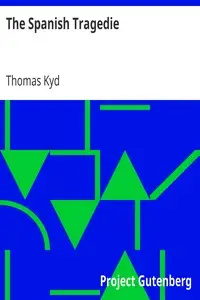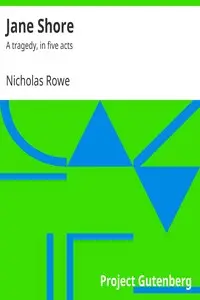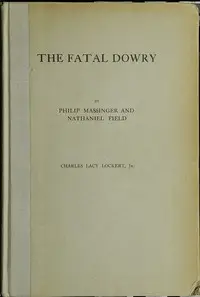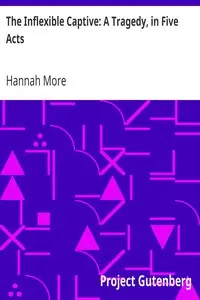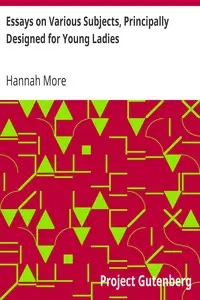"The Fatal Falsehood: A Tragedy. In Five Acts" by Hannah More is a gripping play from the 1800s that examines love, lies, and what people will do to protect their reputations. Set within the elegant world of the wealthy, the story follows Orlando as he deals with confusing feelings for Julia and Emmelina, while his friend Rivers also gets caught up in the drama of it all. The play shows Orlando wrestling with feeling bad about his actions and extreme jealousy, which leads to a shocking event involving someone being stabbed because of Bertrand's evil plans. The play leaves the audience thinking about how dangerous it is to let strong emotions and the need for revenge control you.
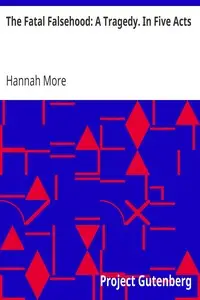
The Fatal Falsehood: A Tragedy. In Five Acts
By Hannah More
Amidst a world of aristocrats, treachery and desire collide leading to murder.
Summary
About the AuthorHannah More was an English religious writer, philanthropist, poet, and playwright in the circle of Johnson, Reynolds and Garrick, who wrote on moral and religious subjects. Born in Bristol, she taught at a school her father founded there and began writing plays. She became involved in the London literary elite and a leading Bluestocking member. Her later plays and poetry became more evangelical. She joined a group opposing the slave trade. In the 1790s she wrote Cheap Repository Tracts on moral, religious and political topics, to distribute to the literate poor. Meanwhile, she broadened her links with schools she and her sister Martha had founded in rural Somerset. These curbed their teaching of the poor, allowing limited reading but no writing. More was noted for her political conservatism, being described as an anti-feminist, a "counter-revolutionary", or a conservative feminist.
Hannah More was an English religious writer, philanthropist, poet, and playwright in the circle of Johnson, Reynolds and Garrick, who wrote on moral and religious subjects. Born in Bristol, she taught at a school her father founded there and began writing plays. She became involved in the London literary elite and a leading Bluestocking member. Her later plays and poetry became more evangelical. She joined a group opposing the slave trade. In the 1790s she wrote Cheap Repository Tracts on moral, religious and political topics, to distribute to the literate poor. Meanwhile, she broadened her links with schools she and her sister Martha had founded in rural Somerset. These curbed their teaching of the poor, allowing limited reading but no writing. More was noted for her political conservatism, being described as an anti-feminist, a "counter-revolutionary", or a conservative feminist.

